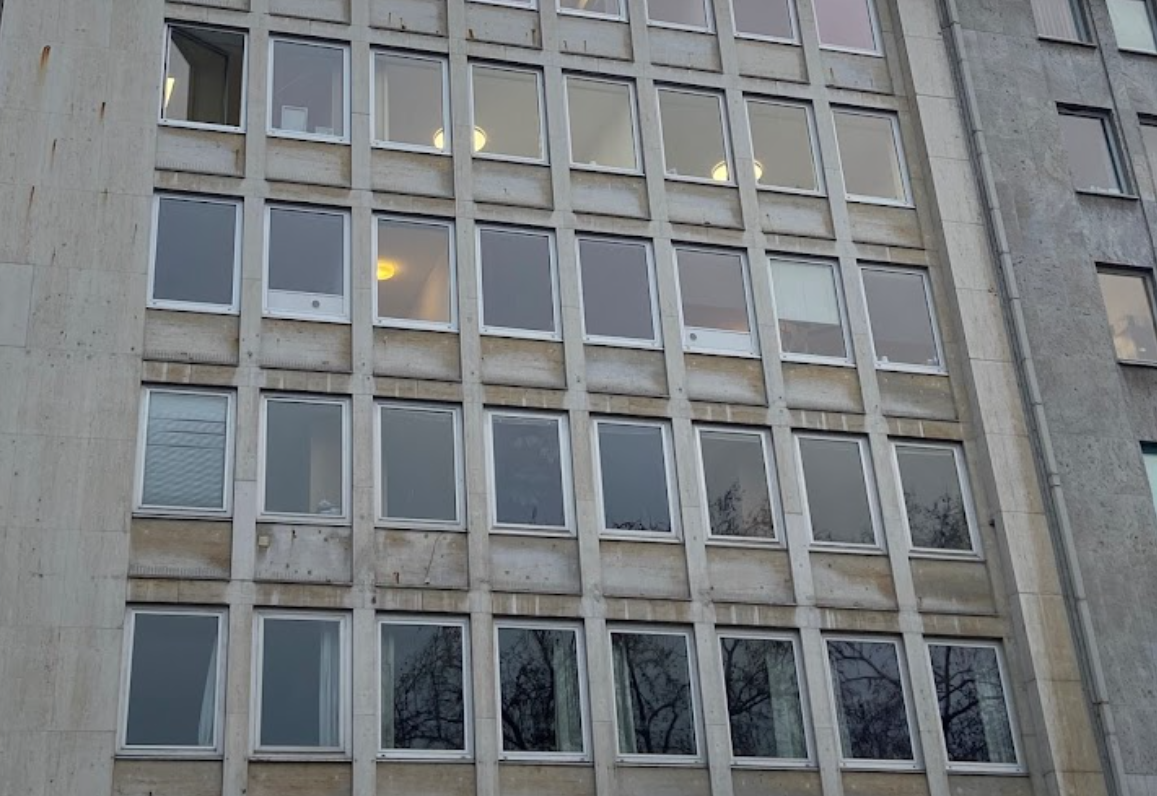
As even a cursory scan of the top stories in any given year’s financial news will confirm, banks launder money. And as a general rule of thumb, the bigger the bank, the more money it launders. But, as a recent feature by Forbes highlighted, one tiny German bank is busily laundering crypto, and it isn’t doing anything illegal.
Despite the ageing narrative that crypto is purely used for criminal ends, which sadly still persists in some quarters, according to a report from Chainalysis under one quarter of a percent of transactions in 2022 were considered illicit.
It should further be noted that 44% of these illicit transactions were associated with sanctioned entities, in a year when the amount of sanctioned entities worldwide ballooned due to a certain country’s decision to invade its far smaller neighbor.
However, that 0.24% of transactions added up to an all-time high overall volume of $20.1 billion worth of cryptocurrency, much of which was then marked down as tainted by the various crypto organizations which take it upon themselves to maintain such blacklists and ensure that the industry has some semblance of self-policing.
Many exchanges refuse to accept tokens that have been associated with criminal activity, which posed a problem for authorities in the German state of Hesse, home to the country’s financial capital, Frankfurt.
Having seized a large amount of bitcoin and other cryptocurrencies through the takedown of darknet marketplaces and other operations, and with no framework to auction it off as would happen to physical assets, a senior prosecutor for the attorney general found that crypto exchanges were unwilling to touch the funds.
Instead she turned to Bankhaus Scheich, a tiny German bank with a single shareholder and just €40 million of assets. Founded in 1985, as an OTC trader for fixed-income products like bonds, it became licensed as a securities trading bank in 2015, expanded into capital markets in 2018, and started working with digital assets and tokenization in 2021.
The bank buys up the seized crypto at a discount and then sells it via exchanges and OTC. So what exactly is the magic formula for laundering crypto? Simply an official notice on German state letterhead that the cybercrime center has the legal authority to “collect the respective purchase price” of the seized tokens. This is forwarded to crypto blacklist creators and followed up via email and phone calls, with the entire whitelisting process taking around two weeks.
To date the bank has processed around €150 million worth of tainted assets for the state of Hesse. Additional two more German states have reportedly signed up to the service in the past month, with other states considering similar schemes.
Bankhaus Scheich sells the majority of cryptocurrency that it cleans back to various global exchanges, and was holding about €2 million worth of assets with FTX last year when the exchange collapsed. The bank is suing FTX for return of the funds, but admits that it has already gained new clients as a result.
“The clients now understood after FTX that there's something like counterparty risk in the market,” explains Bankhaus Scheich’s managing director of digital assets, Nils von Schoenaich-Carolath, adding “We put our money in 20 different baskets within our risk limits. And when we lose some, nothing happens.”
It’s good to see that there are still banks embracing crypto, and it will be interesting to Observe whether more countries adopt this strategy for disposal and cleaning of seized assets.
